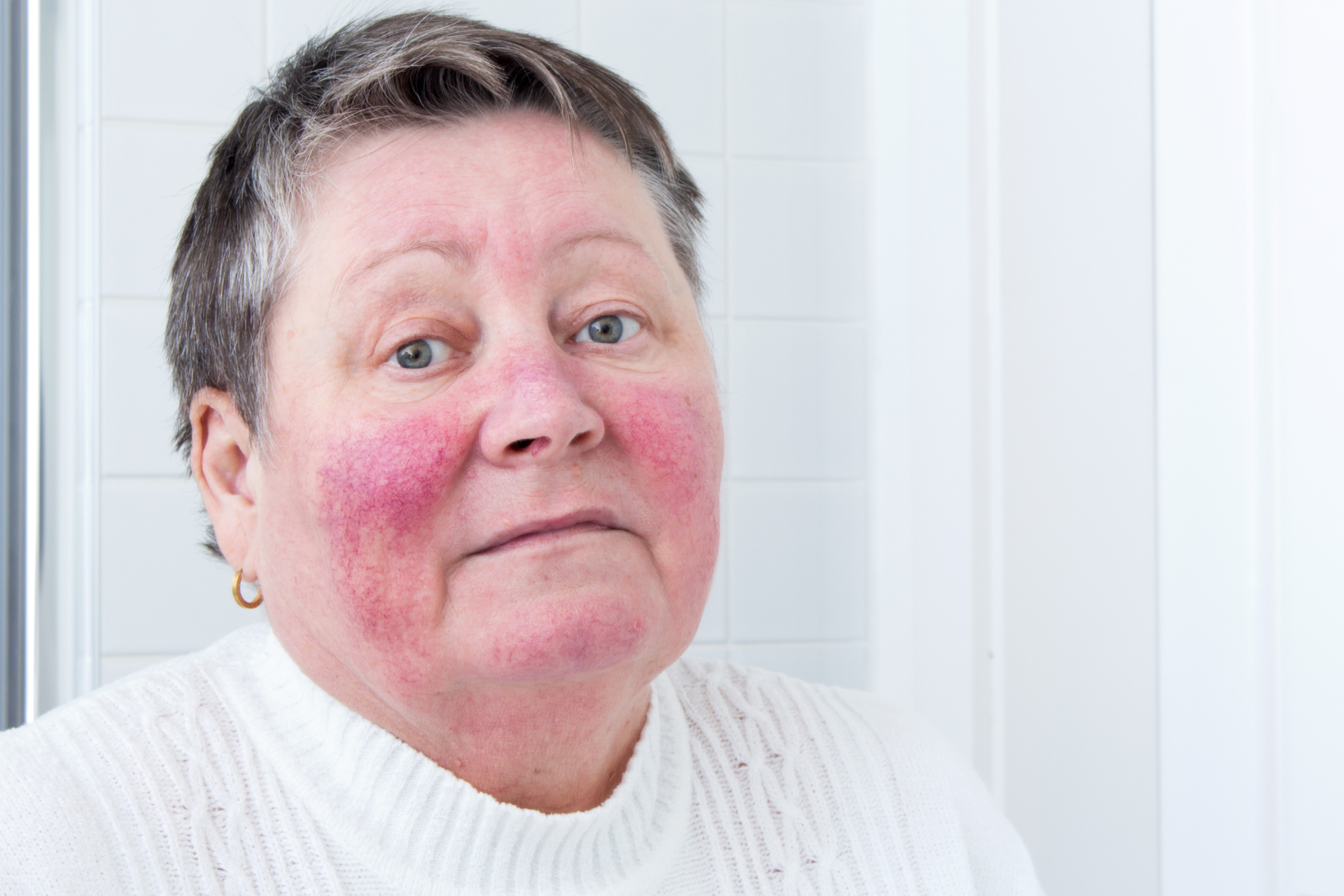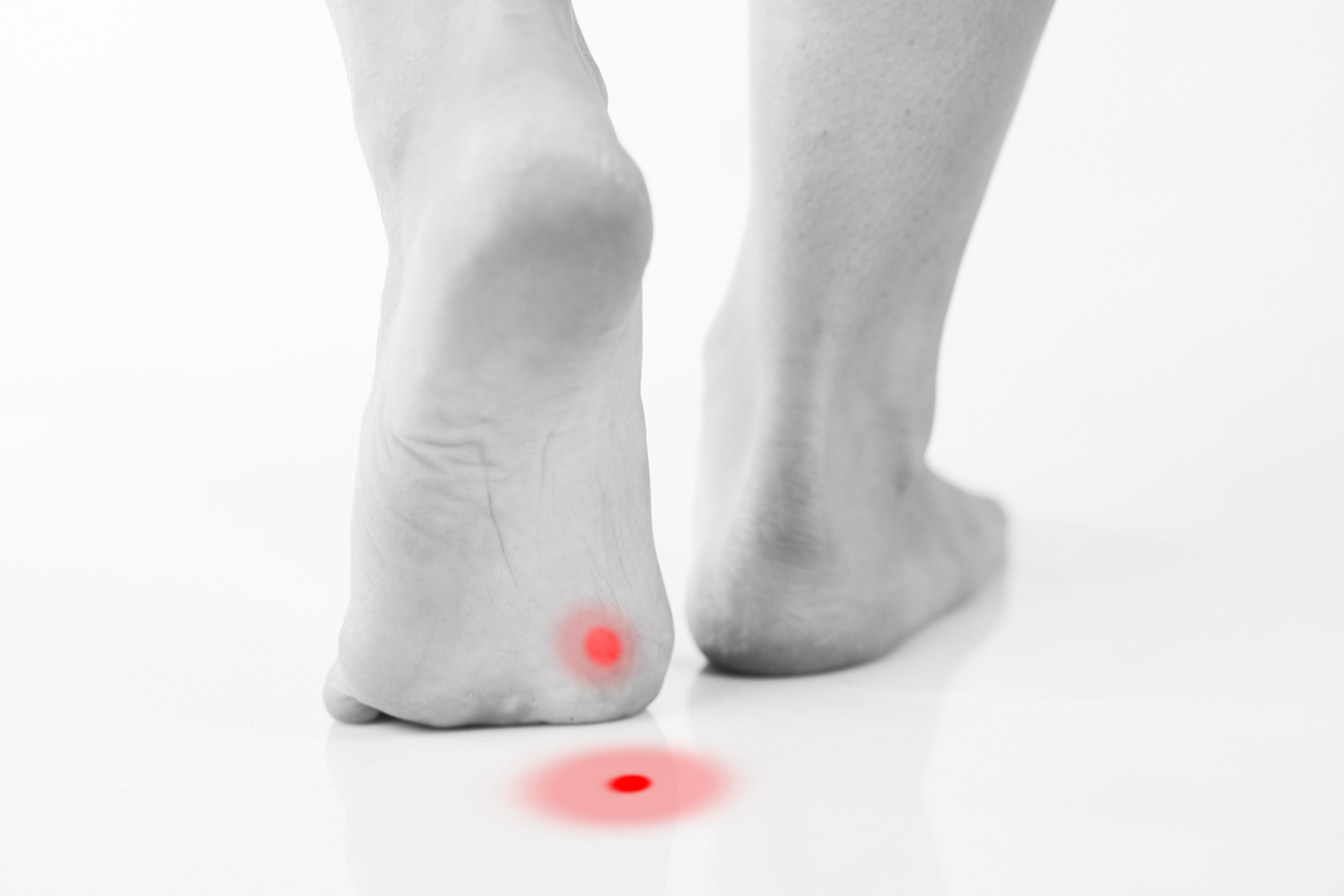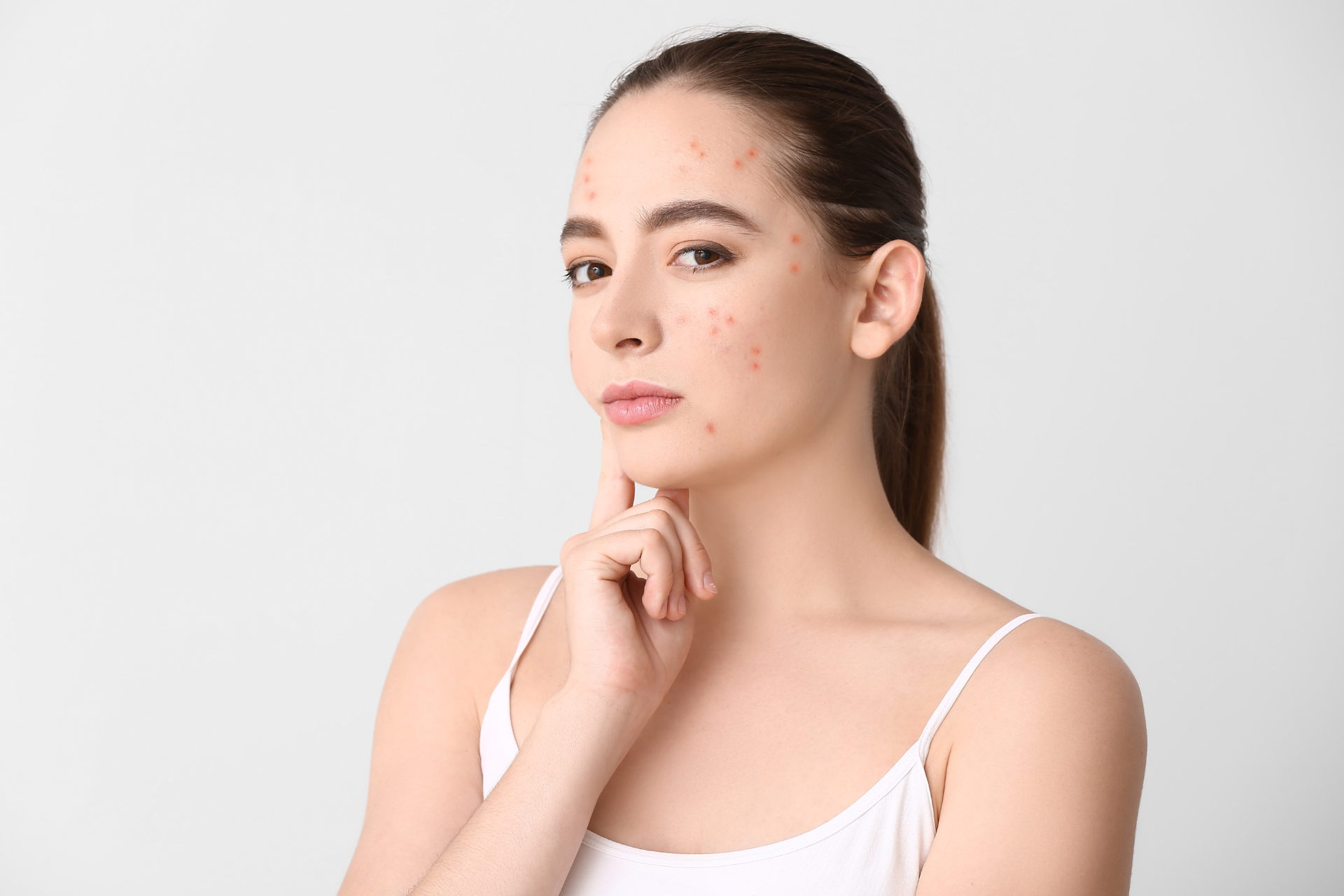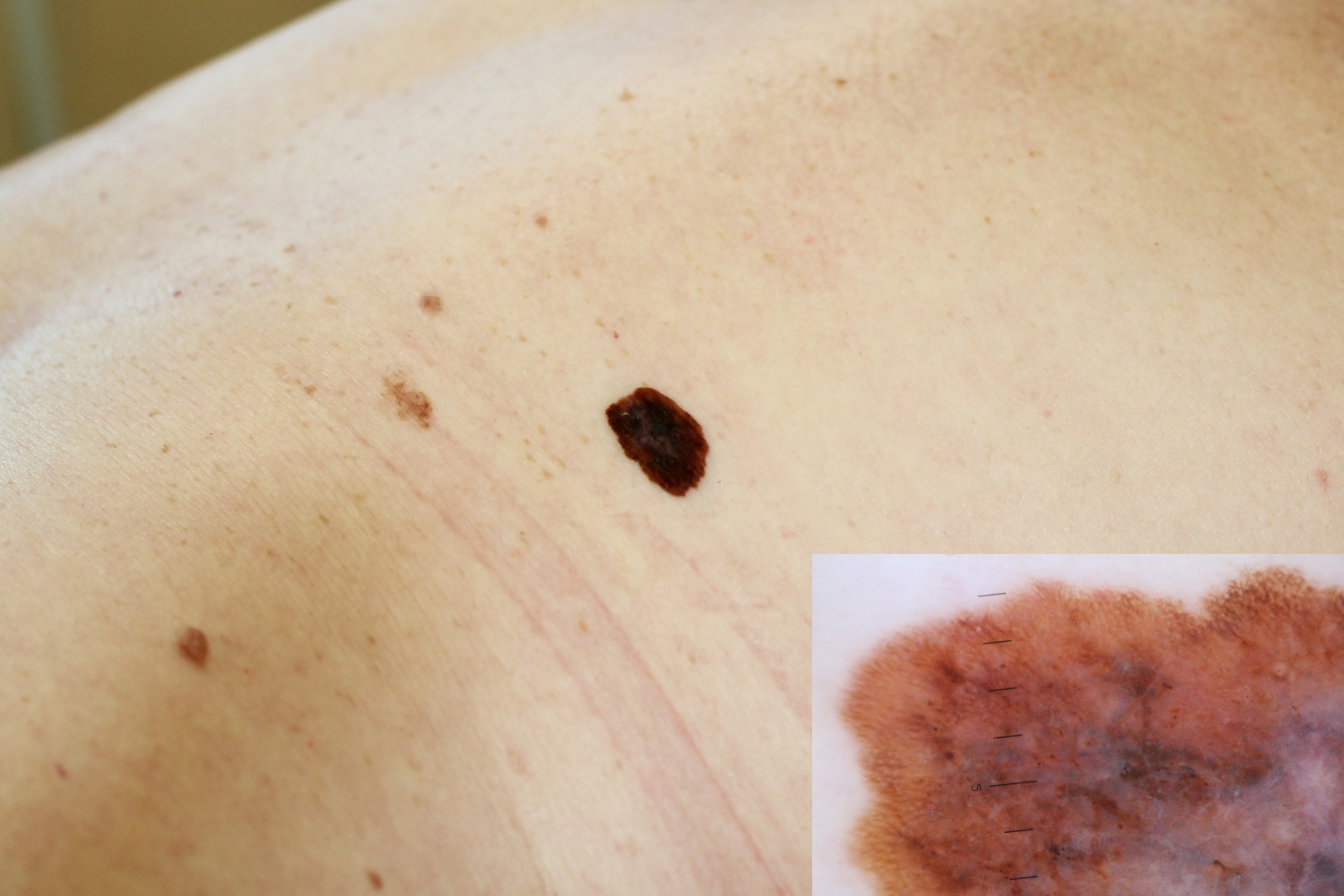Rosacea Relief: Understanding & Managing This Skin Condition

Rosacea is a common yet misunderstood skin condition that affects millions of individuals worldwide. Characterized by redness, flushing, and visible blood vessels on the face, rosacea can have a significant impact on a person's self-esteem and quality of life. At Fall Creek Skin and Health Clinic, we understand the challenges that come with managing rosacea, and we are here to provide the necessary guidance and support to help individuals effectively manage their symptoms.
Understanding Rosacea
Rosacea is a chronic skin condition that primarily affects the facial area, although it can also occur on the neck and chest. While the exact cause of rosacea is unknown, factors such as genetics, environment, and lifestyle choices can contribute to its development. Common symptoms of rosacea include persistent redness, visible blood vessels, bumps or pimples, and in some cases, thickening of the skin.
There are four subtypes of rosacea, each with its own set of symptoms:
1. Erythematotelangiectatic Rosacea
Characterized by persistent redness, flushing, and visible blood vessels.
2. Papulopustular Rosacea
Involves red, swollen bumps or pimples on the face.
3. Phymatous Rosacea
Leads to thickening of the skin, most commonly on the nose (rhinophyma).
4. Ocular Rosacea
Affects the eyes, causing redness, dryness, and irritation.
Managing Rosacea
While there is no cure for rosacea, there are several ways to manage its symptoms and minimize flare-ups. At Fall Creek Skin and Health Clinic, our experienced dermatologists can create a personalized treatment plan tailored to each individual's unique needs. Here are some common strategies for managing rosacea:
1. Skincare Routine
Using gentle, non-irritating skincare products is essential for individuals with rosacea. Avoiding harsh chemicals, fragrances, and abrasive exfoliants can help prevent skin irritation and flare-ups.
2. Sun Protection
Protecting the skin from the sun's harmful UV rays is crucial for individuals with rosacea. Using a broad-spectrum sunscreen with an SPF of 30 or higher and wearing a wide-brimmed hat can help minimize redness and irritation.
3. Trigger Management
Identifying and avoiding triggers that exacerbate rosacea symptoms is key to managing the condition. Common triggers include spicy foods, hot beverages, alcohol, extreme temperatures, and stress. Keeping a diary to track flare-ups can help pinpoint specific triggers.
4. Prescription Medications
In some cases, prescription medications such as topical creams, oral antibiotics, or anti-inflammatory drugs may be recommended to manage rosacea symptoms. Our dermatologists at Fall Creek Skin and Health Clinic can prescribe medications tailored to each individual's needs.
5. Laser Therapy
For individuals with visible blood vessels or thickened skin due to rosacea, laser therapy may be recommended to target and improve these specific concerns. Our clinic offers state-of-the-art laser technology to safely and effectively treat rosacea symptoms.
Living with Rosacea
Living with rosacea can be challenging, but with the right support and guidance, individuals can effectively manage their symptoms and improve their quality of life. At Fall Creek Skin and Health Clinic, we are dedicated to helping individuals with rosacea feel confident and comfortable in their skin.
If you or a loved one is struggling with rosacea, don't hesitate to reach out to our team of experienced dermatologists at Fall Creek Skin and Health Clinic. Together, we can develop a personalized treatment plan to effectively manage your rosacea symptoms and promote healthy, radiant skin.
Remember, you are not alone in your rosacea journey. With proper care and support, you can take control of your skin condition and enjoy a brighter, clearer complexion. Contact Fall Creek Skin and Health Clinic today to schedule a consultation and start your path to rosacea relief.




